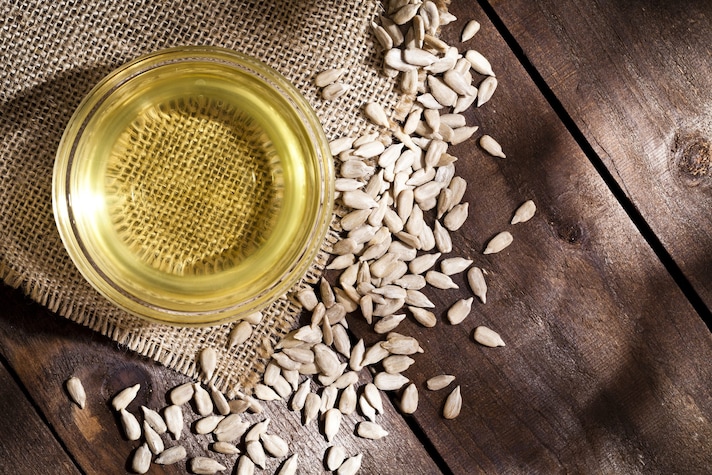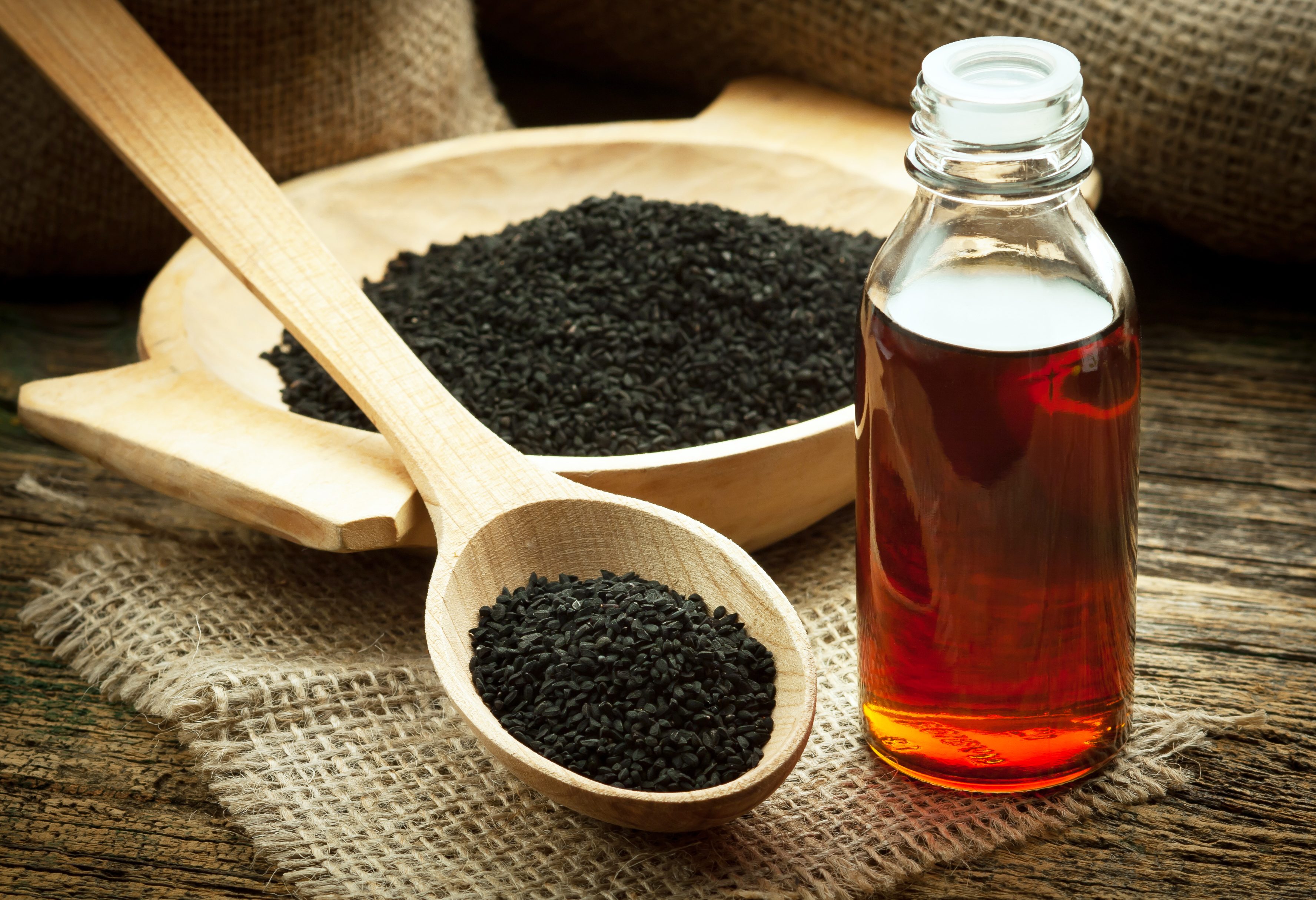Are Vegetable and Seed Oils Bad For You?
Over the last century, our consumption of vegetable oil has increased tremendously. A lot of health professionals consider them to be healthy and safe, but vegetable oils could be bad for your health. Read on to find out which oils could be putting your health at risk.
;Resize,width=742;)
Over the last century, our consumption of vegetable oil has increased tremendously. A lot of health professionals consider them to be healthy and safe, but vegetable oils could be bad for your health. Read on to find out which oils could be putting your health at risk.
How Are These Oils Made?
Oils extracted from plants are commonly known as vegetable oils, and they are widely used in cooking, baking, processed foods, salad dressings, margarine, mayonnaise, and cookies.
Soybean oil, sunflower oil, olive oil, and coconut oil are commonly used, and these oils weren’t available until the 20th century because the technology used to create them didn’t exist until then.
They are extracted from the plants using an oil mill or a chemical solvent, then purified, refined, and maybe chemically altered. The healthiest oils are made by crushing or pressing plants or seeds, instead of using chemicals to produce them.
Vegetable Oils High in Omega-6 Could be Bad For You
Not all plant oils are risky, coconut oil and olive oil are excellent, and aren’t high in omega-6 oils.
Omega-6 and omega-3 fatty acids are essential for our bodies, because we can’t produce them on our own. Historically, our diets meant that we got omega-3 and omega-6 in a roughly 1:1 ratio. Since we discovered vegetable oils, the Western diet has altered drastically and could be around 20:1 now. The problem with this, some scientists have hypothesized is that too much omega-6 relative to omega 3 could contribute to chronic inflammation.
This inflammation is an underlying factor in some common Western diseases, like cardiovascular disease, diabetes, arthritis, and cancer.
There is some confusion about this, though, as eating a lot of linoleic acid (which is the most common omega-6 fat) doesn’t affect blood levels of inflammatory markers. More research in this area is needed.

Vegetable Oils Are Easily Oxidized
Vegetable oils are full of polyunsaturated fats, and the problem with this is that they are prone to oxidation. This means that the fatty acids react with oxygen in the atmosphere and start to deteriorate.
This means that if you have a lot of polyunsaturated fats in your body, your cell membrane are more sensitive to oxidation. It’s because of this that it’s best to eat polyunsaturated fats in moderation.
They Can be High in Trans-Fats
Commercial vegetable oils may also contain harmful trans-fats, which occur when the oils are hydrogenated. Manufacturers use hydrogenation to harden vegetable oils, to make them solid like butter at room temperature.
Margarine has traditionally had to contain hydrogenated vegetable oils in order to stay solid, but trans-fat free margarine is now becoming more widely available.
A large intake of trans-fat has been linked with obesity, cancer, cardiovascular disease, and diabetes.
;Resize,width=767;)
;Resize,width=712;)
;Resize,width=712;)
;Resize,width=712;)
